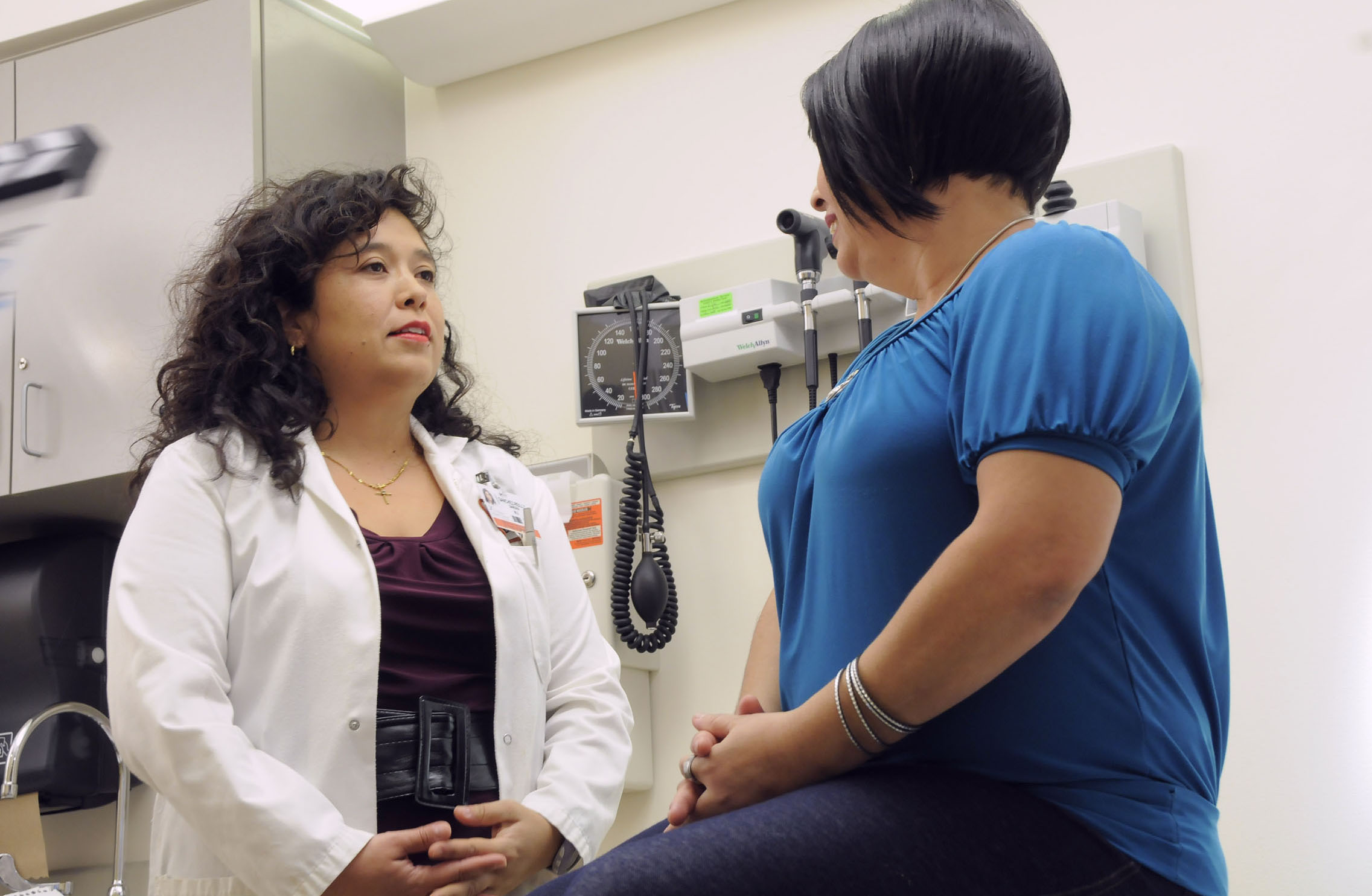
Share On Social!
Dr. Amelie G. Ramirez, director of Salud America! at the UT Health San Antonio, has received a new $1.3 million prevention grant to enable local doctors to guide patients who smoke to join a smartphone-based quit smoking service.
The grant is from the Cancer Prevention & Research Institute of Texas (CPRIT)
The funding will enhance tobacco screening and treatment for two groups. One is primary care patients at the UT Health Physicians medical practice. The other is oncology care patients at UT Health San Antonio MD Anderson Cancer Center.
During routine patient visits, doctors will assess and track if a patient smokes. They will then counsel and prompt patients to use their smartphones to join Quitxt.
Quitxt encourages quitting smoking via bilingual text or Facebook Messenger messages. Messages provide support, educational content, and videos to promote and sustain smoking cessation specifically for the patient populations of these practices.
“These cessation services will provide messaging designed to increase readiness for patients who are not ready quit promptly, and to assist cessation for those who are ready to quit,” Dr. Ramirez said.
The Provider-Patient Connection to Services
 Providers will be trained to implement the following actions into routine patient care:
Providers will be trained to implement the following actions into routine patient care:
- Assess tobacco use
- Counsel on tobacco cessation
- Refer to Quitxt services
- Prescribe as-needed cessation medication
- Follow up to provide tailored support according to data collected via the service in subsequent patient encounters.
Services are expected to benefit 4,000 patients.
“We will add a tobacco counseling and cessation service protocol and record-keeping into all patients’ routine care, just as blood pressure and body weight are currently tracked,” Ramirez said. “This can become a model for innovation in tobacco control delivery that can be readily adopted by other provider systems across Texas.”
The Need for Quit-Smoking Resources in South Texas
Smoking rates are high among Mexican Americans along the border and across South Texas, ranging up to 25.7 percent. This heightens the risk of cancer and heart disease.
But few culturally relevant programs target this problem.
In rural areas, there are no quit-smoking programs specifically for young adult Latinos and non-Latinos.
Quitxt aims to meet that gap.
The Growth of the Quitxt Program
Text support is proven to double your odds of quitting.
Quitxt was first funded by CPRIT in 2015.

To create the Quitxt texting service, Dr. Ramirez’s team joined with Dr. David Akopian’s team at UT San Antonio. Together they adapted parts of proven federal tobacco cessation programs and built a texting system to fit the unique culture and linguistic styles of Latino young adults who smoke tobacco cigarettes across South Texas in San Antonio, Laredo, Corpus Christi, Del Rio, McAllen, Brownsville, and Harlingen.
Text message content—with links to support, real testimonials, videos, and more—helps users with motivation to quit, setting a quit date, handling stress, and more.
In 2016, Quitxt added a Spanish component.
In 2017, CPRIT announced a $1.3 million award to Dr. Ramirez to expand the Quitxt stop-smoking service with a new social media support component.
To quit smoking now, join Quitxt in English or Spanish today!
Does Quitxt Really Work?
More than 1 in 5 Quitxt users fully quit smoking after completing the English version, according to 2017 data in the journal Health Promotion Practice.
This quit rate is similar or better than other texting programs.
The study also confirms that text and mobile-media service specifically designed for young adults provide a feasible and potentially cost-effective approach to promoting cessation, according to the researchers led by Dr. Ramirez.
“There’s no better time than now to get help from Quitxt,” Ramirez said. “Quitting smoking is proven to improve your health, increase your life span, and save money.”
Explore More:
Healthy Families & SchoolsBy The Numbers
142
Percent
Expected rise in Latino cancer cases in coming years



